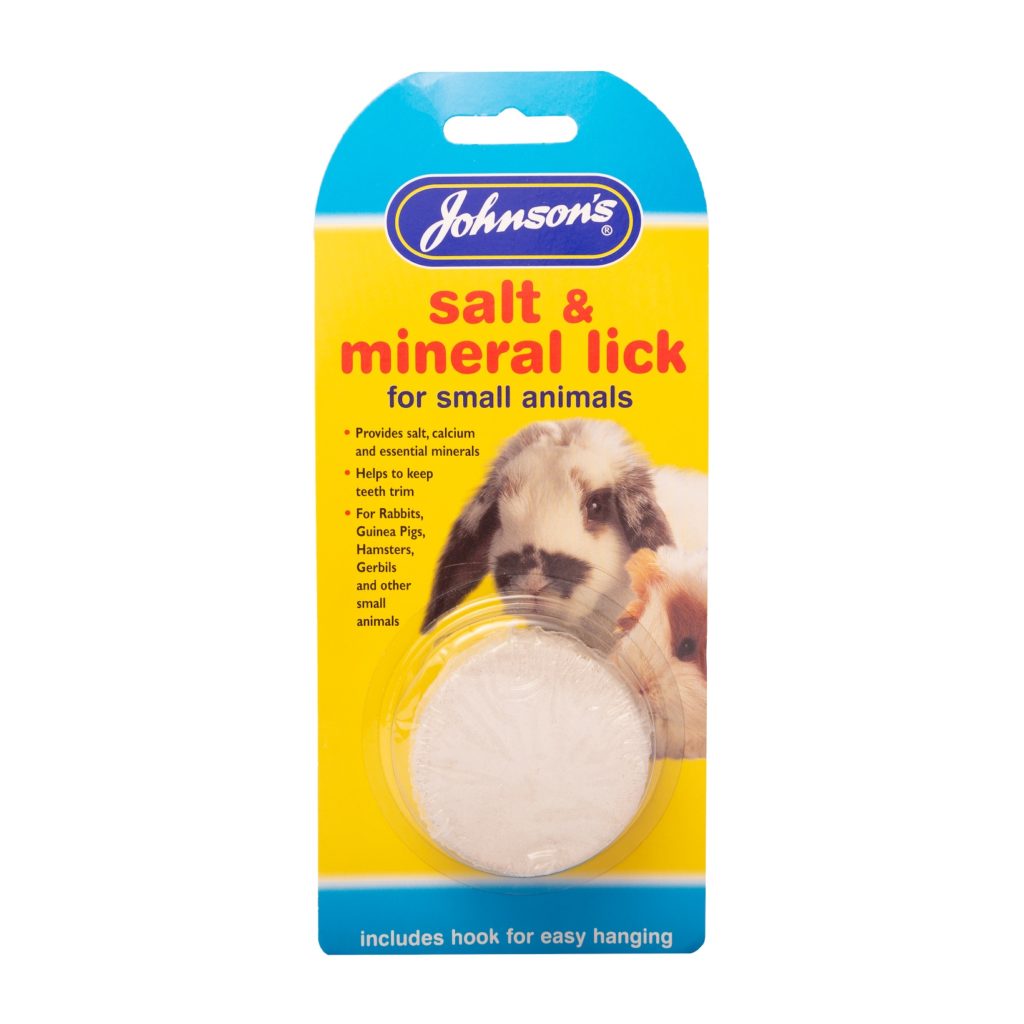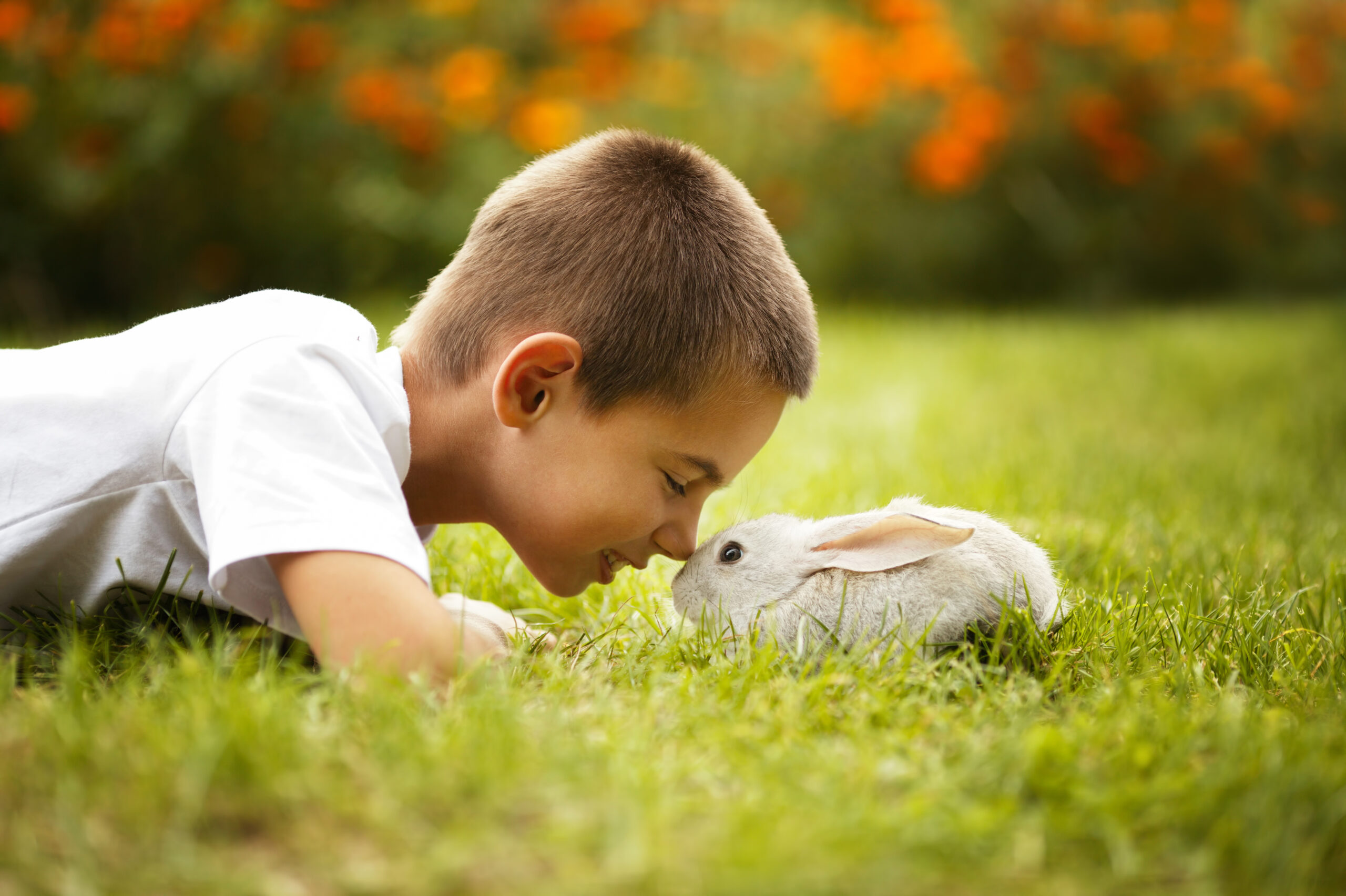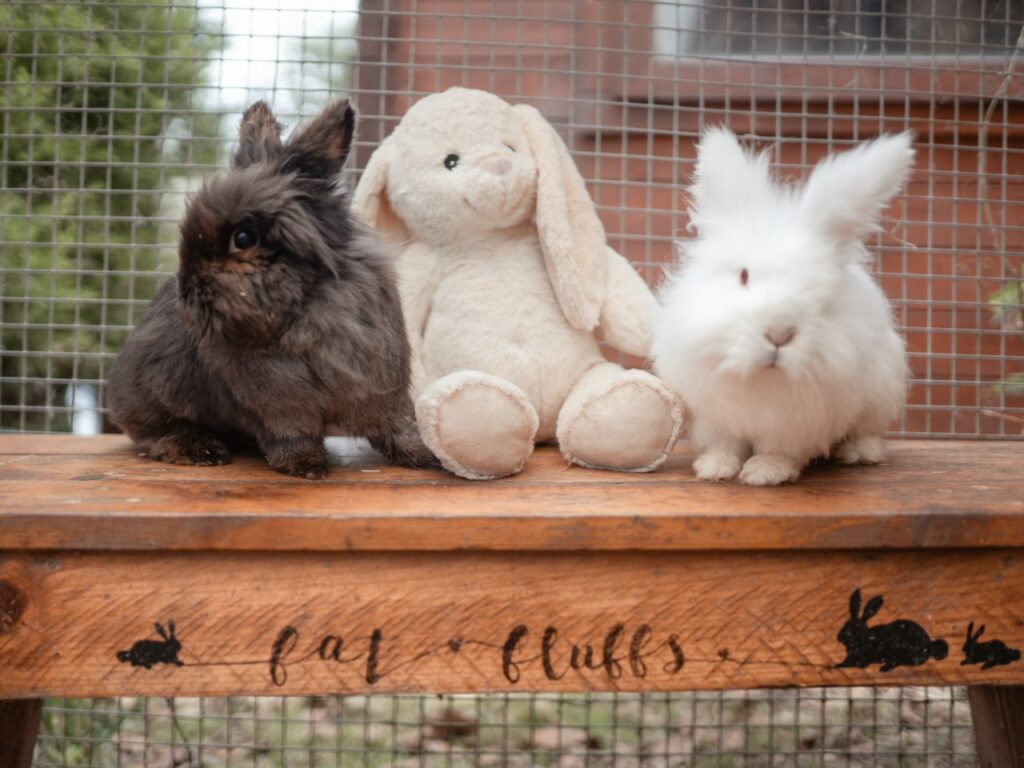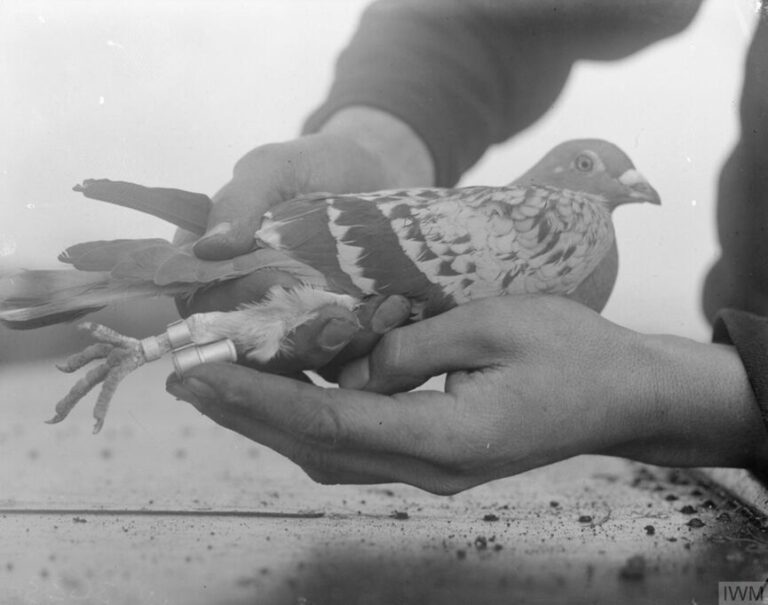With Easter fast approaching, images of rabbits are starting to pop-up in marketing everywhere we look, prompting a nation of children to fall in love with the idea of getting their very own Easter Bunny to cuddle and love. And whilst it might seem tempting for some parents, if only to put a stop to their little one’s constant pleas, what many people don’t realise is that looking after rabbits is a lot more work than they might imagine.
For the last 100 years, Johnson’s has been doing all it can to support the nation’s pet owners on their pet-ownership journey, offering advice and support, backed by research and experience, to ensure that they make informed decisions about their animals.
Here, we look a little more closely at rabbits, what it’s like to keep them as pets, and how to make sure they remain happy and healthy in your care.
How long do rabbits live?
Housing a rabbit is a much longer commitment than many people are aware of. There are over 300 different breeds of rabbits, with their average life span ranging anywhere from 8 to 12 years (depending on the breed and health of the animal in question).
In comparison, other small rodents, such as guinea pigs, have shorter life spans of 5-7 years, alongside domesticated rats that typically only live 2-4 years.
Should rabbits live inside or outside?
This is a controversial topic amongst rabbit owners and enthusiasts. Many believe rabbits should predominantly live inside, with supervised time outdoors to release any pent-up energy. Others prefer to permanently keep their rabbit’s pen or hutch outside all year round.
If you decide to let your rabbit live outside, make sure their habitat is secure and has no escape routes. Rabbits can easily find a way out of small gaps if they want to, so their enclosure must offer protection against potential getaways and prey animals, such as foxes or cats. Keeping their outside quarters well-ventilated and cool in the summer, and warm and cosy in the winter will ensure a happy home for your rabbit. We’ve found this great guide on keeping rabbits outside by Exotic Direct if you’re in need of some inspiration.
Keeping your pet inside also has some dangers. Rabbits are notorious chewers and will gnaw away at most materials in their proximity. If you do decide to let them roam freely, either in a separate room or around the whole house, you will have to rabbit-proof this space.
The best way to stop excessive chewing is to build your pet an enclosed pen where cables and tasty plants are out of reach. We recommend letting them explore their surroundings only under human supervision, so they can have a run around in a controlled setting. Just like other household pets, you can also litter train your rabbit.
What do rabbits eat?
Rabbits can eat a varied diet, but their main source of food should be a good quality hay or grass. The RSPCA assures this is what’s necessary for their digestive system to function properly. You can certainly introduce additional supplements to their diet, such as green vegetables, fruits and seeds, but only as an occasional treat. Johnson’s Rabbit Fruity Bowl presents a healthy treat option, packed with seeds, cereals, raisins, banana and apple, which will perfectly complement a balanced diet.
You can also purchase specialised products to help maintain strong teeth, such as Johnson’s Salt and Mineral Lick. This allows rabbits to gnaw and chew to keep long teeth trim, whilst providing additional salt, calcium and essential minerals.

Can a rabbit get fleas?
Similarly to cats and dogs, rabbits tend to catch fleas after being in contact with another infected host animal or from being outside.
Fleas can be hard to spot amongst your rabbit’s thick fur. It’s good to practice handling your rabbit safely as soon as you get them. Not only will this prepare them for upcoming grooming sessions, it’ll mean any hitchhiking fleas are found and treated fast. As well as excessive scratching and random bald patches, flea dirt is another good indication as to whether your pet has contracted these pests.
It’s important not to treat your rabbit with flea treatments designed for other animals as they are very sensitive and could become sick. If you suspect your rabbit has fleas, using Johnson’s Small Animal Insecticidal Spray Extra will help to kill them, whilst combing your rabbit with a flea comb (dipped in warm soapy water) should help to dislodge any stubborn eggs.
Perhaps a more concerning ailment for rabbit owners is Flystrike. Flystrike in rabbits can be a serious issue, especially in warmer weather.
It occurs due to green bottle flies being drawn to wet fur, soiled with urine or faeces in Summer, as this makes the ideal spot for them to lay their eggs (around 200 at a time). This leads to rapid maggot infestation, whereby the magots will eat away at the rabbit’s skin, typically around their bottom, tail, belly, and back.
As such, if your rabbit lives or spends any time outside, it is important to check their bottom and belly twice a day during the warmer months for any signs of fly eggs during warm weather.
If you do find any signs of flystrike, we recommend using Johnson’s Flystrike Protector to kill fleas, lice and other insects and keep your pet free from flies.
Can rabbits live alone?
Rabbits are social creatures and much prefer the company of other rabbits. In the wild, rabbits live in large groups and domesticated rabbits are similar – they need friends to be happy.
It’s widely recommended that you have at least two rabbits living together to prevent feelings of loneliness. However, to avoid the birth of any accidental baby bunnies, it’s a good idea to get your rabbits sexed and neutered by a vet. Not only will neutering your rabbit prevent any unwanted pregnancies, but it will also help your pets live a healthier life and strengthen their bonds.
Rabbits who live alone can feel isolated just like we do and may exhibit strange behaviours if they’re on their own for too long.
There are some exceptions to the rule, such as rabbits who’ve been rescued, rabbits who have had negative social interactions, or pets who have been bullied by fellow rabbits. If your rabbit does end up being solo, make sure you give them plenty of human company to make up for it.
Rabbits are prone to suffer from stress or anxiety, so it’s important to watch out for symptoms such as over-grooming, lethargy, chewing at bars or their own feet, aggressiveness, or hiding, and give them the attention they need to settle them. This may simply mean altering their living environment, amending their diet, or giving them more exercise – not necessarily getting them a new companion.
Are rabbits classed as exotic pets?
Colourful parrots or long boa constrictors often spring to mind when we hear the term ‘exotic pet’ – but did you know a lot of vets consider rabbits exotic pets?
Despite being the third most popular pet in the UK (first and second being dogs and cats), rabbits are often classed as exotic pets because they aren’t as commonly seen by all veterinary practises.
These cute fluffy creatures have their own unique health and wellness requirements that can be difficult to treat and require more specialised care. Rabbits are often regarded as great first pets for children because they are cute and appear easy to care for. However, the reality is that pet rabbits need a lot of attention and nurturing that children can’t always provide without support from the whole family.
How much do rabbits’ cost?
On average, a rabbit can cost anywhere from £30-70, but this fluctuates depending on the breed. Prices may also vary if you decide to adopt or rehome a rabbit. If you’re interested in adopting a rabbit, why not get in touch with our friends at Fat Fluffs charity.
Once you’ve brought or adopted your new pet, you’ll need a range of equipment (housing, food bowls, toys, microchip etc) to look after them. The vet charity, PDSA, estimates the minimum cost for an indoor rabbit to be over £900 and around £870 for an outdoor rabbit. As well as these initial costs, you’ll likely spend over £70 each month on necessities like bedding, food, pet insurance and veterinary costs.
Rabbits are for life, not just for Easter.
Rabbits are a commitment for over 8 years, bearing in mind they need company and can be expensive to keep. Before making any decisions to introduce a pet into your family, we advise you do plenty of research into your chosen animal and whether you’re capable of providing the love, care and attention they need for a happy and healthy life.






